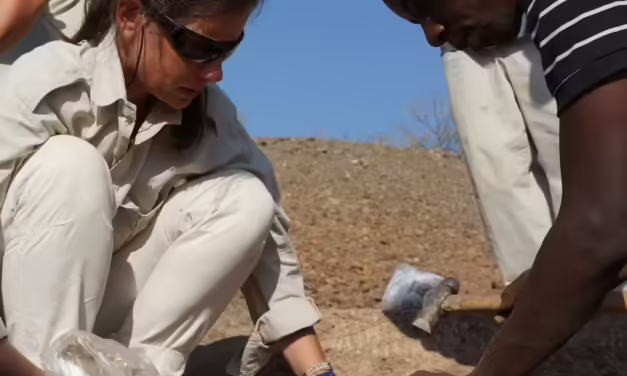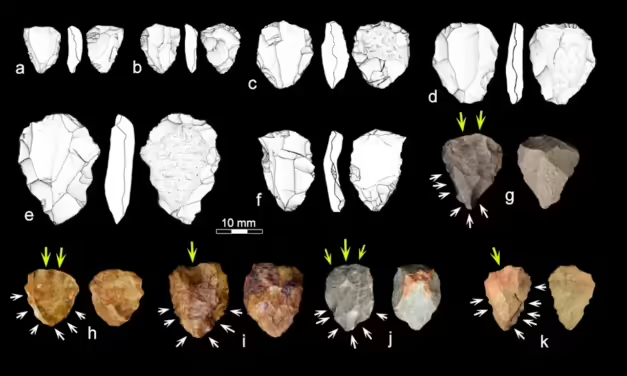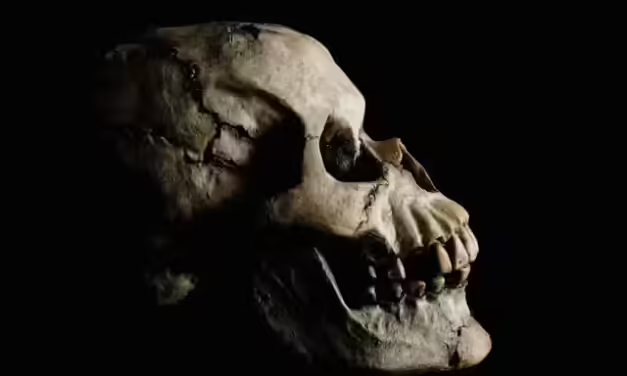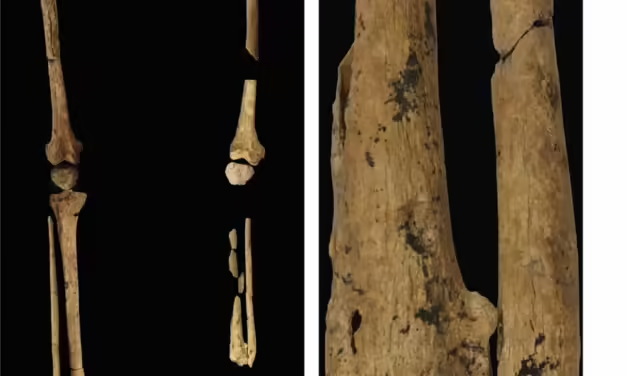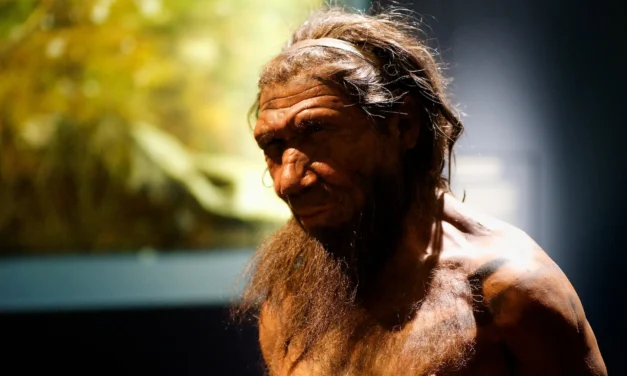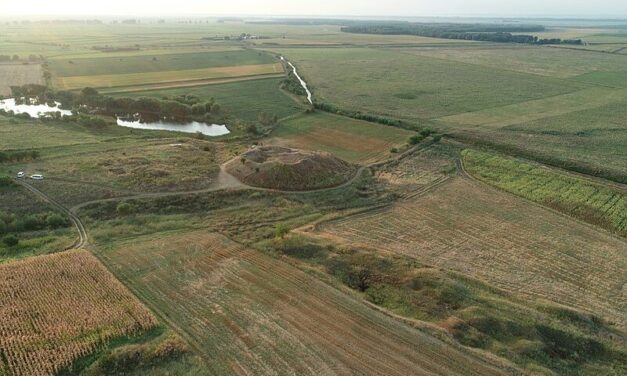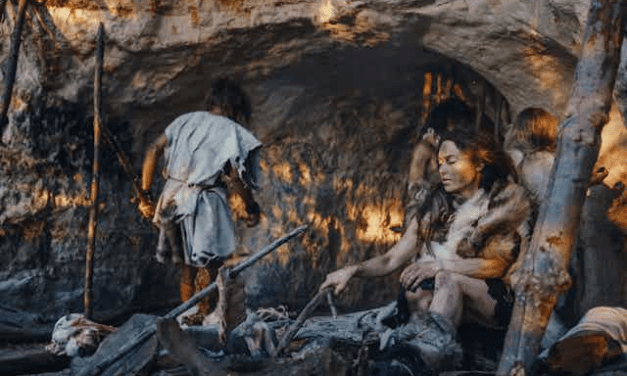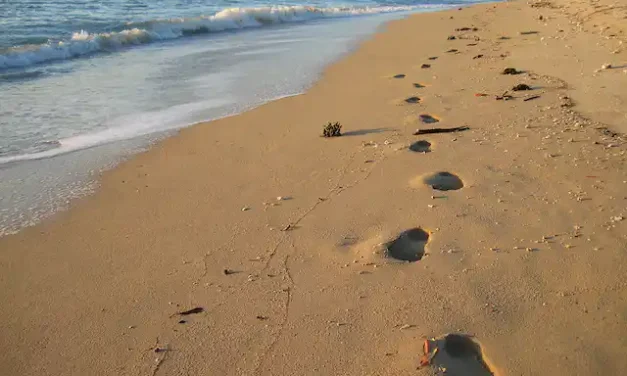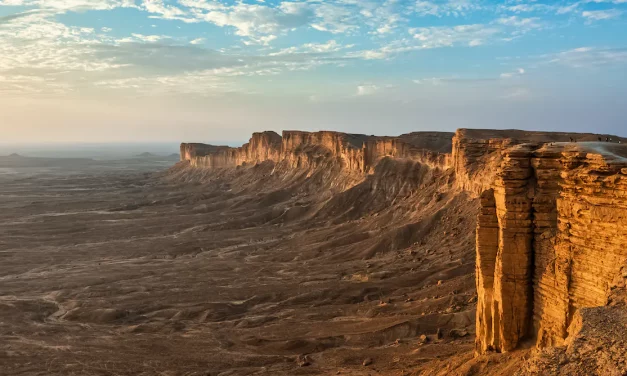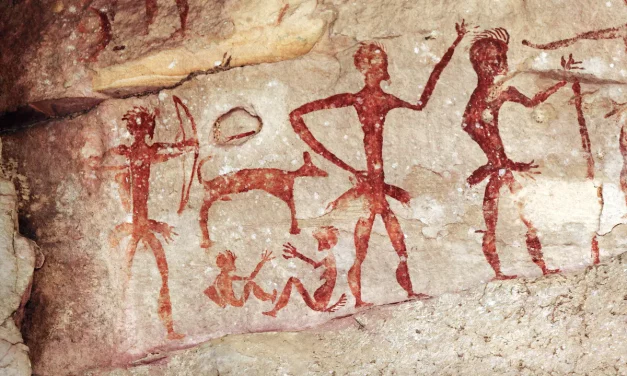New evidence from West Papua offers fresh clues about how and when humans first moved into the Pacific
Reading time: 6 minutes
Charting the archaeology of West Papua is vital because it helps us understand where the ancestors of the wider Pacific came from and how they adapted to living in this new and unfamiliar sea of islands.


